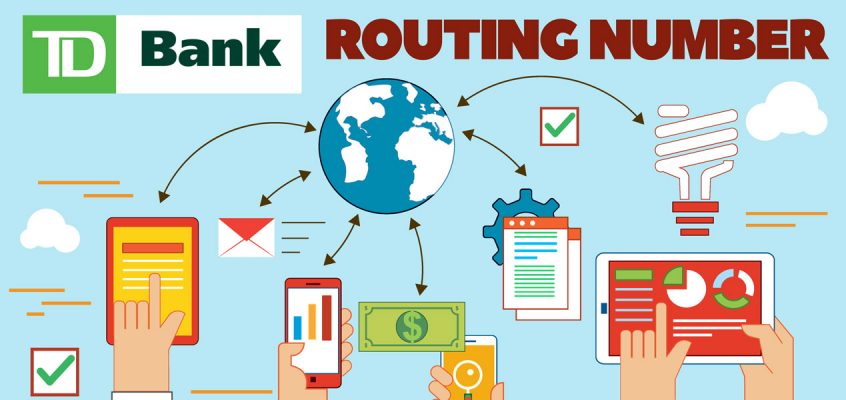Introduction : Franchising
Franchising is a popular business model that allows individuals to start their own business with the support and guidance of an established brand. In this article, we will delve into the world of franchising, exploring its definition, benefits, types, and everything you need to know to get started.
What is Franchising?
Franchising is a business arrangement where a company (the franchisor) grants an individual or group (the franchisee) the right to operate a business using the company’s trademark, products, and business system. The franchisee pays an initial fee and ongoing royalties to the franchisor in exchange for support, training, and the right to operate under the franchisor’s brand.
Benefits of Franchising
Franchising offers numerous benefits to both the franchisor and franchisee. Some of the key advantages include:
1. Established Brand Recognition
Franchising allows you to start your business with an established brand, which can attract customers and help you build credibility.
2. Support and Training
Franchisors provide comprehensive training and ongoing support to help you succeed in your business.
3. Access to Resources
Franchisors often have established relationships with suppliers and can provide access to resources and equipment at a lower cost.
4. Business Model
Franchisors have a proven business model that has been tested and refined, reducing the risk of starting a new business.
5. Financing Opportunities
Franchisors may offer financing options or have relationships with lenders that can help you secure funding for your business.
Types of Franchises
There are several types of franchises to consider:
1. Product Franchise
A product franchise involves selling a specific product or range of products, such as a food or beverage franchise.
2. Service Franchise
A service franchise involves offering a specific service, such as a cleaning or maintenance franchise.
3. Business Format Franchise
A business format franchise involves operating a business using the franchisor’s business model, such as a retail or restaurant franchise.
4. Hybrid Franchise
A hybrid franchise combines elements of product and service franchises, such as a franchise that offers both products and services.
How to Get Started with Franchising
If you’re interested in starting a franchise, follow these steps:
1. Research
Research different franchise opportunities to find one that aligns with your interests, skills, and investment level.
2. Evaluate
Evaluate the franchise’s reputation, financial stability, and support structure.
3. Meet the Requirements
Meet the franchisor’s requirements, such as net worth and liquidity.
4. Attend a Discovery Day
Attend a discovery day to learn more about the franchise and meet with the franchisor’s team.
5. Sign a Franchise Agreement
Sign a franchise agreement and pay the initial fee.
6. Training and Support
Complete training and receive ongoing support from the franchisor.
Challenges of Franchising
While franchising offers many benefits, it’s important to be aware of the potential challenges:
1. Initial Investment
The initial investment can be significant, including the franchise fee, equipment, and inventory.

2. Ongoing Fees
Franchisees pay ongoing royalties and advertising fees to the franchisor.
3. Limited Control
Franchisees have limited control over the business, as they must operate within the franchisor’s guidelines.
4. Dependence on the Franchisor
Franchisees rely on the franchisor for support and resources, which can be a risk if the franchisor experiences financial difficulties.
Franchising Glossary
1. Franchise Disclosure Document (FDD)
A legal document that provides detailed information about the franchise, including fees, royalties, and obligations.
2. Franchise Agreement
A contract between the franchisor and franchisee that outlines the terms and conditions of the franchise.
3. Royalties
Ongoing fees paid by the franchisee to the franchisor, typically a percentage of gross sales.
4. Franchise Fee
An initial fee paid by the franchisee to the franchisor for the right to operate the franchise.
5. Territory
A designated area where the franchisee has the exclusive right to operate the franchise.
FAQs
1. What is the initial investment for a franchise?
The initial investment varies depending on the franchise, but it typically includes the franchise fee, equipment, and inventory.
2. How much are ongoing royalties?
Ongoing royalties typically range from 4-12% of gross sales.
3. Can I finance a franchise?
Yes, many franchisors offer financing options or have relationships with lenders that can help you secure funding.
4. How long is the franchise agreement?
The length of the franchise agreement varies, but it’s typically 5-10 years.
5. What kind of support does the franchisor provide?
Franchisors typically provide comprehensive training, marketing support, and ongoing operational support.
Conclusion
Franchising can be a great way to start your own business with the support and guidance of an established brand. However, it’s important to carefully research and evaluate the franchise opportunity, understand the benefits and challenges, and ensure that you have the necessary resources and support to succeed. With the right franchise and a solid understanding of the franchising model, you can build a successful and profitable business.By understanding the benefits and challenges of franchising, researching thoroughly, and following the tips for success, you can build a successful and profitable franchise business.









:max_bytes(150000):strip_icc()/Term-Definitions_Franchise-1fe8a59aefa649fa8a994897ef843919.jpg)